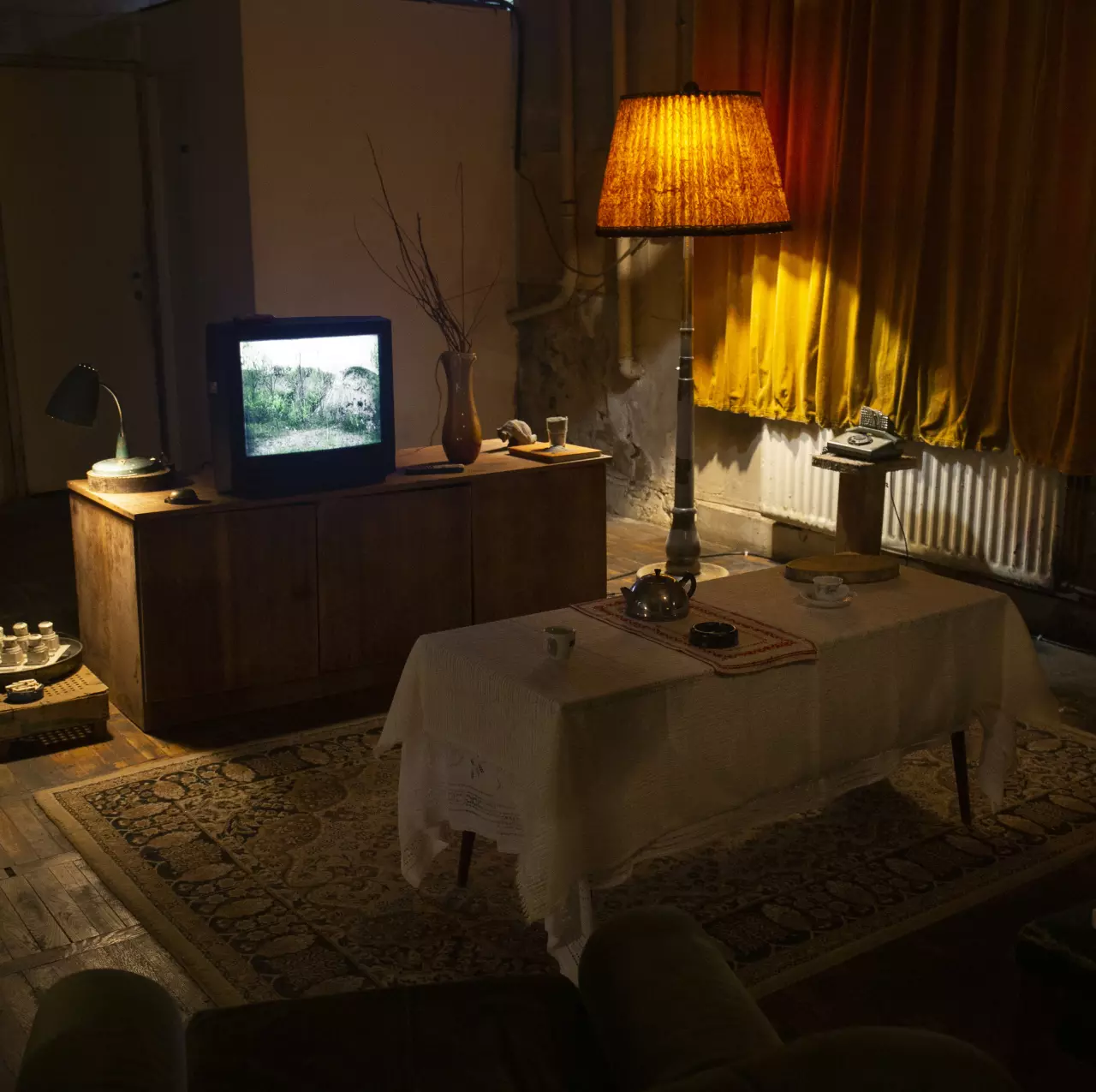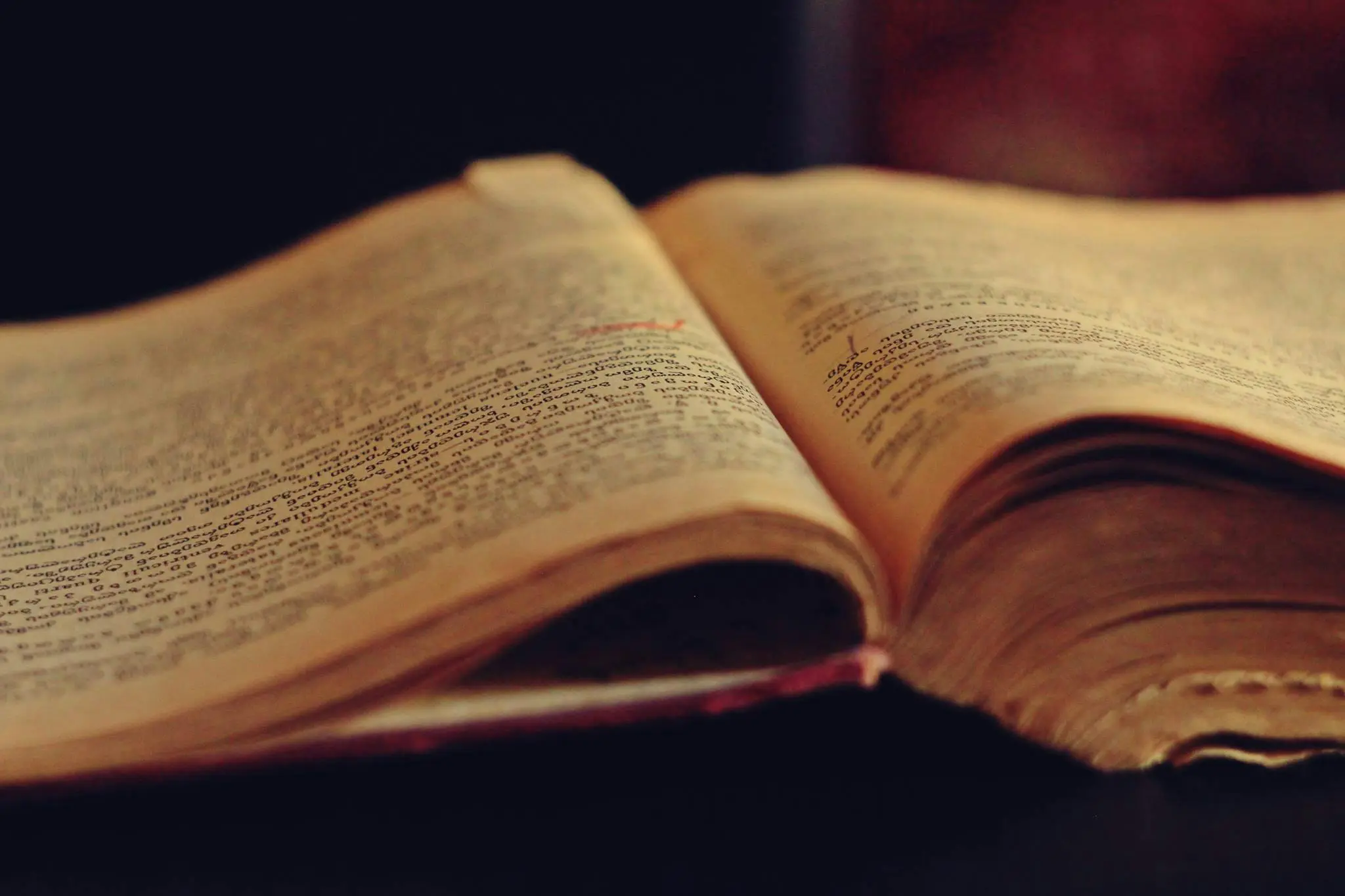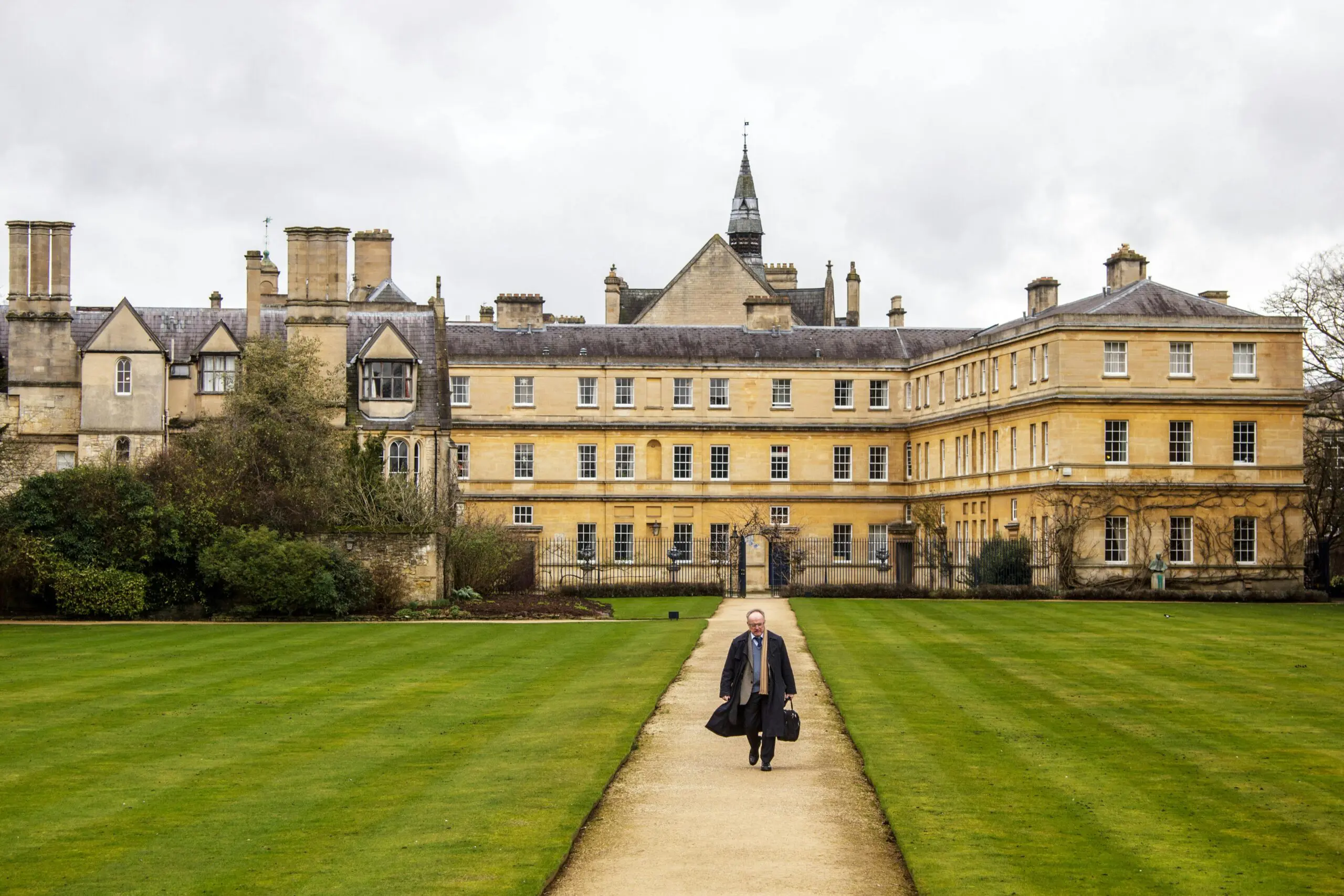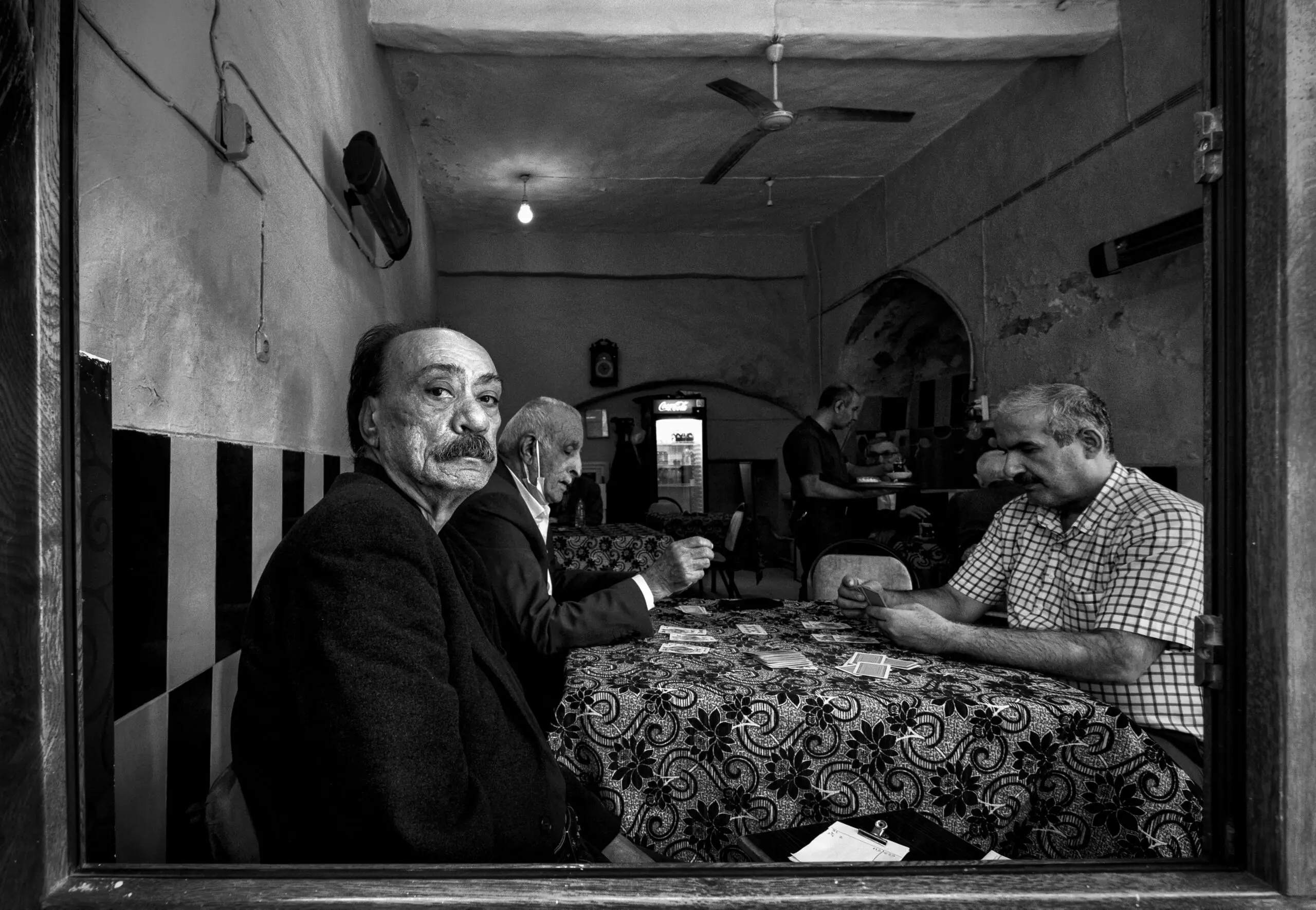By Biserka Gramatikova
On April 20, the official opening of the Bulgarian pavilion at the Venice Biennale took place. “Memory is what keeps us safe,” said the Bulgarian Acting Minister of Culture during the opening. In the Biennale on the theme “Foreigners Everywhere”, Bulgaria participated with the art installation “Neighbors”, which according to the foreign media is a must-see at the 60th edition of the Biennale.
The “Neighbors” project is a multimedia and interactive installation – the work of Krasimira Butseva, Julian Shehiryan and Lilia Topuzova. The work is the result of 20 years of research and artistic work by the authors. The curator is Vasil Vladimirov. The Bulgarian pavilion recreates a hidden, intimate and somewhat solemn aspect of Bulgaria’s socialist past. The installation recreates three rooms – a reconstruction of the homes of Bulgarians repressed by the communist authorities.
In the first room, visitors encounter sounds and pictures from the camps in Bleene and Lovech. The archival materials are real testimonies of former prisoners in these camps. The second room is dedicated to people who have learned to speak with non-verbal communication and for whom real communication is an abstraction. In the third white room is the space of the “white spots” in consciousness – a memory of the silent, deprived of memory or life. The overall feeling the installation leaves with the viewer is one of subtle horror, nostalgia and tension.
Curator Vasil Vladimirov told the New Delhi-based publication “Stir World” that this is the story of some outsiders not recognized by society, whose hopes for alleged retribution, for validation of the suffering they experienced, remain unheard.
The Venice Biennale can be seen until November 24. The Golden Lion awards have already been presented, with the Australia and New Zealand pavilions honoured.
Krasimira Butseva teaches at the University of the Arts in London. In his creative and research practice he works with topics such as political violence, traumatic memory, official and unofficial history of Eastern Europe. As a photographer and artist, she has been part of international group exhibitions.
Lilia Topuzova is a professor of history at the University of Toronto. Historian and filmmaker who explores in his work the scars of political violence and silence as a protective reaction against trauma. He is the writer and co-director of the documentaries The Mosquito Problem and Other Stories (2007) and Saturnia (2012).
Julian Shehiryan is a multimedia artist, researcher and writer who lives in Sofia and New York. Shehiryan creates site-specific and spatial multimedia installations that use architectural spaces, objects and objects through artistic interventions, video, sound and experimental technologies. In his scientific practice, he deals with the history of psychotherapy, post-war art and transnational history






